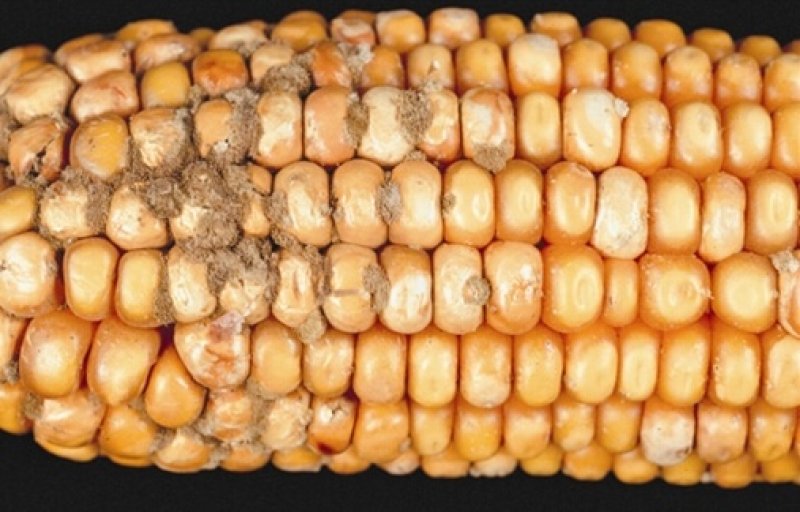Amid the GMO debate, one researcher is striving to use genetic modification to not just improve crop health, but potentially save consumer lives. Aspergillus, which creates carcinogenic aflatoxin, can now be controlled through genetic modification.
Aflatoxins are found in corn, peanuts, cottonseed, milk, walnuts, pistachios and Brazil nuts.
…
“This [new GM corn] will make a difference in the U.S., but will make the biggest difference in the undeveloped world,” says Monica Schmidt, University of Arizona researcher. “There they don’t test corn [for aflatoxins] and about 4.5 billion people consume the toxin.”
People in undeveloped countries are 16 to 32 times more likely to develop cancer, namely liver cancer, she adds. In addition, aflatoxins can stunt children’s growth and damage immune systems. The new GM corn shuts the toxin down and doesn’t allow it to accumulate in the corn kernel.
Using RNAi technology, Schmidt and her team silence the aflatoxin genes in aspergillus fungi in only the corn’s kernels. The ear could still show the greenish, powdery fungal spores on the surface, however, aflatoxin should not enter the kernels.
“We’re looking forward to field testing,” Schmidt says.
The GLP aggregated and excerpted this blog/article to reflect the diversity of news, opinion, and analysis. Read full, original post: New GMO to Reduce Cases of Liver Cancer































